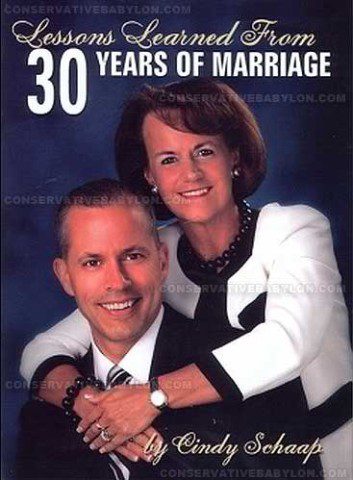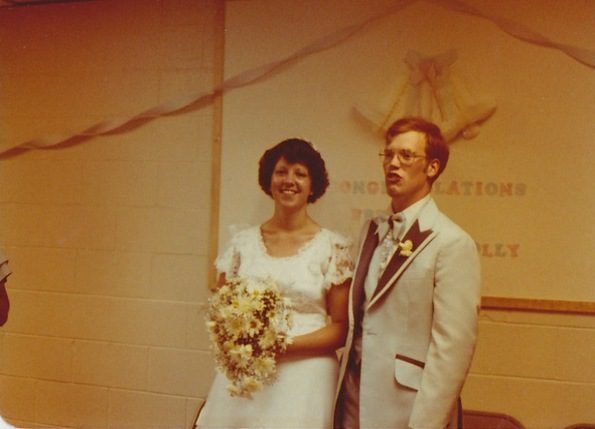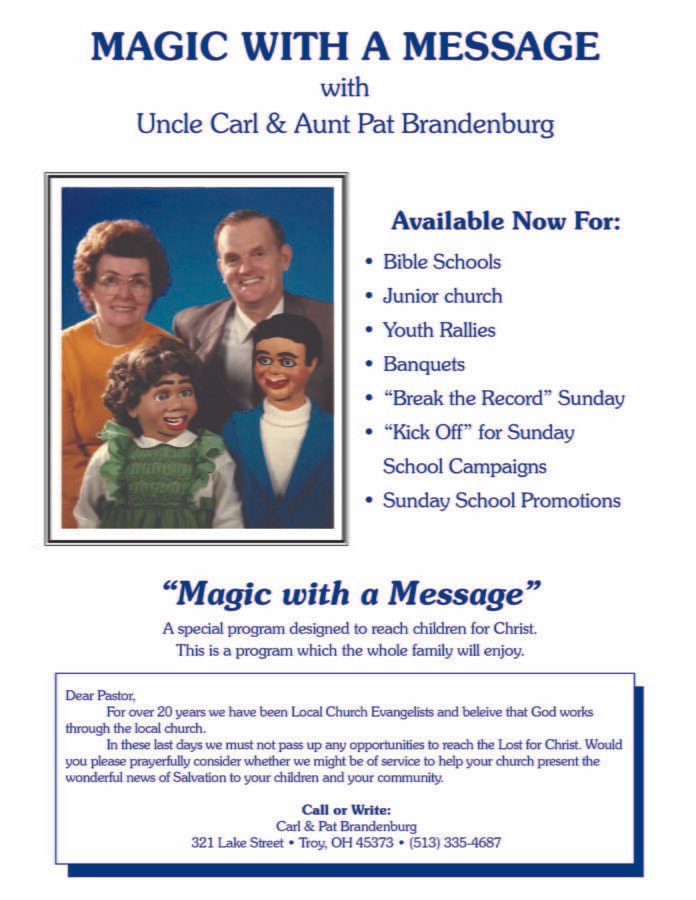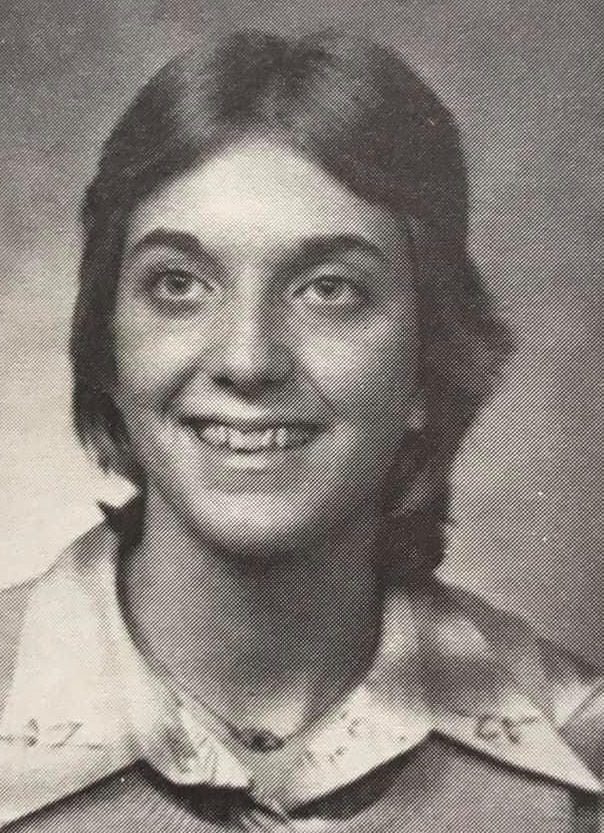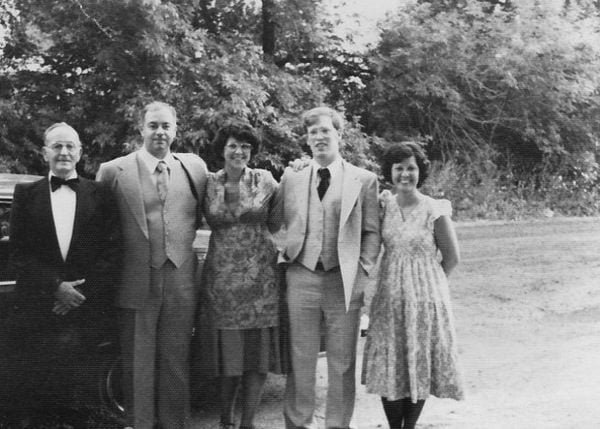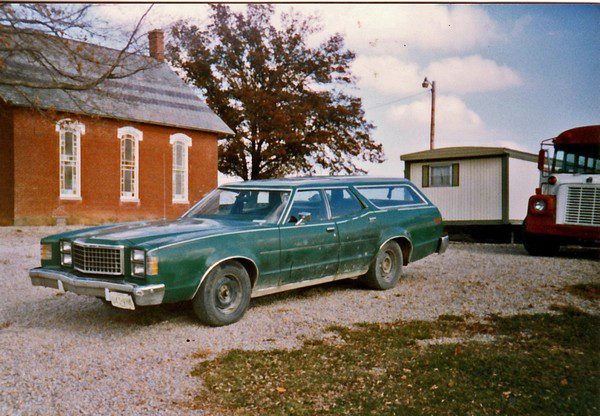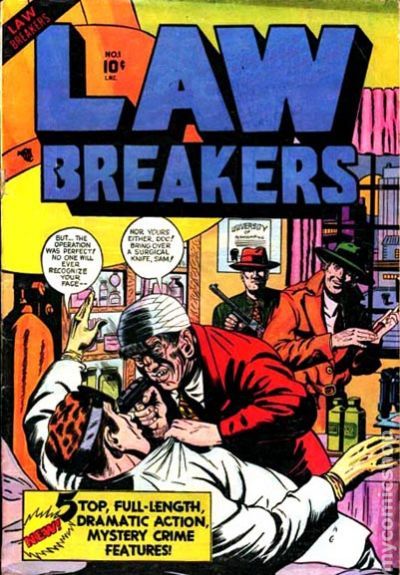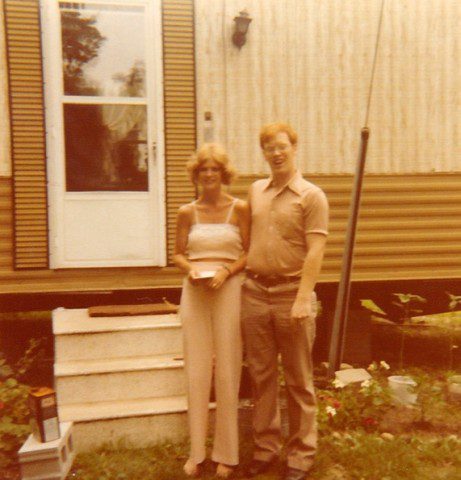
The redheaded preacher stood before his church, preparing to preach as he had done countless times before. This Sunday was just like every other Sunday — until it wasn’t. His expositional sermon was well-received by the fifty or so people in attendance. Most of them would return a few hours later for Sunday evening service; another opportunity to hear from God and fellowship with God’s people.
The preacher, along with his wife and five children, lived in a 12’x60′ mobile home that sat on the southern edge of the church parking lot. His wife had already walked from the church to their home so she could prepare dinner, wondering, “Will he invite someone to dinner?” She never knew who would be eating dinner with them. Her preacher husband loved to fellowship with church members. She just wished he would plan in advance.
On this particular Sunday, there were no extras for dinner. As the preacher’s wife set the table, the phone rang. It was the preacher’s aunt. “Just a minute, I’ll get him.” By then, the preacher was almost to their home. “Your aunt is on the phone.”
“Hmm,” the preacher wondered, “why is she calling me?”
“Hello.”
“Butch.” (a family nickname given at birth).
“Your mom killed herself.”
The preacher’s mom lived in Quincy, Michigan — five or so hours away. His mom has taken a Ruger .357 revolver, cocked the hammer, and pulled the trigger — shooting herself in her heart. She quickly slumped to the bathroom floor, and in a few moments, she was dead.
The preacher’s mom’s lifelong battle with mental illness came to an end. Numerous suicide attempts had come before this one: prescription drug overdoses, slit wrists, and driving a car into the path of a truck. (Please see Barbara.) Her prior attempts failed, but not the last one. Why she chose to kill herself on this fateful day remains unknown. Decades of physical and psychological pain certainly played a big part, but the preacher wondered if there was more to her sudden suicide. He would never know, of course, because the woman who taught him to read, instilled in him a passion for truth, and modeled to him standing up for yourself, was dead. The moment she pulled the trigger everything changed.
The preacher planned his mom’s funeral. No viewing, no dealing with countless well-wishers and glad-handers. His siblings viewed their mom’s corpse, but the preacher chose not to. He wanted to remember her as she was — a beautiful, passionate, complicated, contradictory woman.
On the appointed day, the family gathered at Fountain Grove Cemetery for the graveside service. The preacher’s mom had written in her Bible that she wanted her preacher son — whom she had never heard preach — to take care of her funeral. She also wanted her grandchildren to say the Pledge of Allegiance and sing the Star Spangled Banner. These requests were ignored.
Family and a few friends gathered at the graveside, right next to Grandma and Grandpa Rausch’s graves. There was not enough room to bury the preacher’s mom, so his grandmother was disinterred so the vault could be dug deep enough to accommodate two coffins, one on top of the other.
“Why did Mom want me to do her funeral?” the preacher wondered. The preacher delivered a brief sermon, complete with Bible readings and prayer — weeping the entire time. A moment after the benediction, there was one more indignity to be had. The preacher’s Fundamentalist Baptist grandfather (John) and his wife (Ann) were in attendance, and John wanted to have the last word. (Please see Life with My Fundamentalist Baptist Grandparents, John and Ann Tieken.) As everyone stood there with broken hearts, John decided to give a sermon of his own. Of course, he did. Whatever his grandson did was never good enough. A few years prior, John and Ann had driven to southeast Ohio to visit their oldest grandson and his family. These visits were never welcome, and a few years later, the preacher ended his relationship with John and Ann. On this particular day, the preacher delivered a sermon to 150 or so people in attendance. At the conclusion of the service, the preacher’s grandfather stood up and told the entire congregation what was wrong with his grandson’s sermon. The preacher wanted to die; that is, right after he murdered his grandfather.
As the preacher’s grandfather deconstructed his daughter’s life at the graveside, homicidal thoughts briefly returned to the preacher’s mind. He wanted to tell everyone who would listen that John had repeatedly raped his daughter as a child; that he physically abused his sons (and spouses); that he was an angry, abusive man — even after Jesus allegedly “saved” him. John and Ann may have loved Jesus, but they most certainly didn’t love their daughter. “Maybe they were broken too,” the preacher wonders. Regardless, these sums-a-bitches are responsible for their behavior, as are all of us.
Death irreversibly ends relationships. All we have left are memories — good, bad, and indifferent. The preacher deeply loved his mom, but rarely took time to express that to her. On the day of her suicide, it had been months since to talked to her and saw her face to face. There were plans in the works for the preacher to take his children to Michigan to spend a week with their grandmother. Alas, a bullet put an end to that idea.
The preacher was a busy man. He had a church to pastor and a school to operate. Yet, none of that mattered as he pondered the life of his mom and their relationship with each other. He wished he had been a better son. He wished he had visited his mom more often. He wished he had called her every week to see how she was doing. But, he didn’t, and now she was dead.
The preacher is now sixty-six years old. In failing health, he knows his days are numbered. His children and grandchildren live near him. Rarely does a week or two go by that he doesn’t see most of them. Yet, there are those nights when he sits alone, wishing one of his children would stop by for a visit. The preacher can no longer drive, so he must rely on people coming to him or taking him to school events. He hates depending on others.
He knows his children and their significant others and his grandchildren have their own lives to live too. Everyone is busy these days, yet he can’t help but think about that moment over thirty years ago when the phone rang and the voice on the line said “Butch, your mom killed herself.” He knows there is coming a day when the phone will ring at his children’s homes, and the voice on the line will say, “Your dad (grandfather) is dead.” He knows what hearing those words can to do you, the regrets that flood your mind.
When the end comes, the preacher knows that his family will be there for him — not for money (there is none); not for material goods (most everything has already been given to them); but for love. In the present, all he wants (and needs) is as much time from them as they can possibly give. Not selfishly, of course, but he knows there is coming a day when the relationship the preacher has with his family will come to an end; that all that will be left are memories. The preacher wants to leave behind as many good memories as he possibly can.
Bruce Gerencser, 68, lives in rural Northwest Ohio with his wife of 47 years. He and his wife have six grown children and sixteen grandchildren. Bruce pastored Evangelical churches for twenty-five years in Ohio, Texas, and Michigan. Bruce left the ministry in 2005, and in 2008 he left Christianity. Bruce is now a humanist and an atheist.
Your comments are welcome and appreciated. All first-time comments are moderated. Please read the commenting rules before commenting.
You can email Bruce via the Contact Form.

